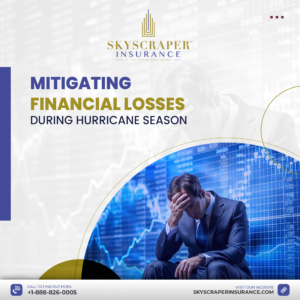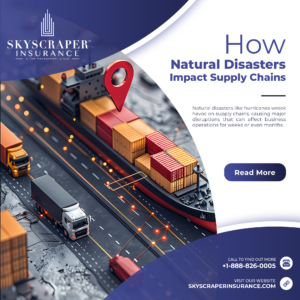Hartford rejects Chubb’s acquisition offer
The proposed deal, valued at approximately $23B, was driven by Chubb’s hunger for small commercial, S&P Global commented.
While the proposal and firm rejection did come as a surprise, John Iten, a director at S&P Global covering the domestic P&C insurance market, said in retrospect the shock shouldn’t have been as large given The Hartford’s upper share level projections.
Less than a week after receiving it, The Hartford‘s board of directors unanimously rejected the unsolicited acquisition offer from Chubb Ltd. The deal was valued at $23 billion.
The Hartford said in a release it would not enter discussions regarding strategic transactions, as such a move would not “be in the best interest of the company or its shareholders.”
The proposal valued The Hartford at $65 per share, which represents a 26% premium based on its unaffected 20-day volume-weighted average share price of $51.70 (as of March 10), according to Chubb. The transaction was to be financed primarily with cash.
While the proposal and firm rejection did come as a surprise, John Iten, a director at S&P Global covering the domestic P&C insurance market, said in retrospect, the shock shouldn’t have been as large given The Hartford’s upper share level projections. To date, The Hartford’s share price has risen 37%, according to The Street.
For the deal to make sense, The Hartford is targeting a share price closer to $80, according to a London hedge fund manager, who spoke on the condition of anonymity as he was not authorized to comment publicly on the proposal. While not confirmed by either insurer, those projections are in line with estimates from S&P Global.
Why The Hartford?
Noting the deal was pretty interesting from the start, Iten said The Hartford’s book of small-commercial policies was the primary attraction.
“That is something Chubb has been trying to increase,” he told PropertyCasualty360.com. “From that perspective, I think the deal made sense. It (small commercial) is not historically where Chubb’s strength has been.”
While there is a strong possibility this deal is dead in the water, Iten did note the proposal was unlikely to catch regulators’ attention. While there is some overlap in certain lines, S&P data showed the companies’ pro forma 2020 market share of 1.9% would rank them 11th nationally.
Asked if the industry should expect more mega-deals as 2021 proceeds, Iten cautioned they are nearly impossible to predict.
“Particularly, major transactions like Hartford and Chubb would have been,” he said, elaborating, “What we do expect to see are small transactions throughout the year.”
This belief is being driven by the flurry of activity seen late last year, primarily in life insurance, as major players such as Allstate and American Financial.
“That has been an interesting development. In most of those cases, the life operations had been part of the group for a long time,” he told PC360. “For all of them to suddenly decide the time is right to sell was interesting.”




